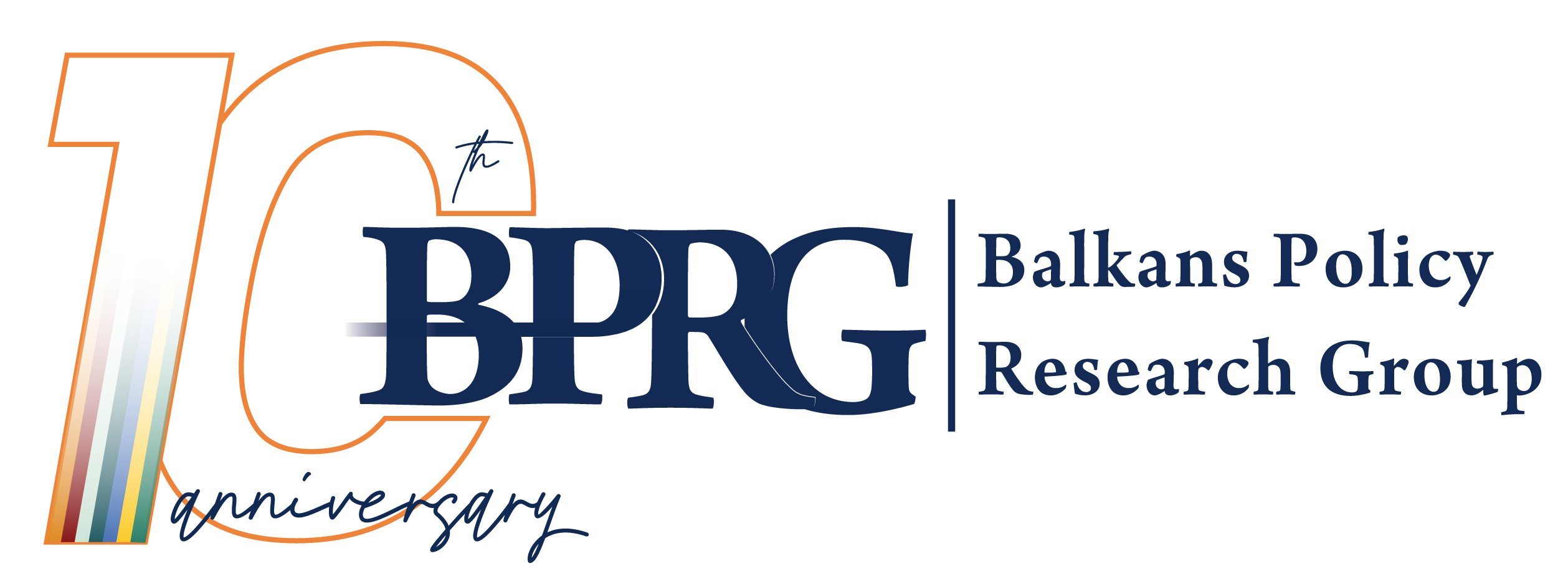Florentina Hajdari Hajra
February 14th, has brought the most significant change in Kosovo’s political scene since the end of the war, and this change will undoubtedly affect Kosovo’s approach in relation to its neighbouring countries, especially towards Serbia. The almost – absolute power of a relatively new political party; which for 15 years has proclaimed not so liberal ideas in the foreign policy, and most specifically towards Kosovo’s dialogue platform, will inevitably affect the whole contour that our country will begin to shape, by (non) prioritizing its foreign policy and Euro-Atlantic integration.
The dialogue is not considered a priority for the new Government. Within our interior affairs this stance can be easily justified, considering that all of our previous governments seem to have put aside the necessary political and economic reforms for the sake of prioritizing the dialogue. However, in our foreign affairs, the outcome is the total opposite. This kind of approach would, in fact, stagnate the integration processes; with little advancement whatsoever, and could easily spur new diplomatic offensive from Serbia against the Republic of Kosovo, as well as damage our strategic relations with some of our allies.
Let’s say that in this situation, Kosovo stands at a crossroad in facing three dilemmas: no dialogue, a technical dialogue or a political dialogue?
The first one (no dialogue) should be excluded for several reasons. Both countries need to make the necessary progress in their integration process, because their path towards the European Union requires a long-term correspondence between the two sides. The request for the continuance of the dialogue between Kosovo and Serbia, is being raised in all the addresses from the EU and US representatives, hence the lasting peace; often-proclaimed and very necesary for good neighbourly relations and political advancement at the internal and external level, cannot be maintained if the dialogue is to be excluded.
The second option (a technical dialogue), although effective at one phase, it is considered as a process that does not guarantee a final agreement and that could ,in turn, make both parties impatient. Moreover, the failure to implement the reached agreements, discredits any attempt for a new rounds of technical talks.
The third option (a political dialogue) can be considered inevitable and very necessary. However, a prior accord and an initial agreement on the epilogue -that parties want to achieve- is required in order for this process to succeed. Kosovo’s goal is already clear, mutual recognition, but it is a bit unclear what Serbia aims for. The political dialogue, which can as well be considered as a final stage, should be built on what both parties – and especially Kosovo –exclude as an option, and not on what is offered for dialogue. The near past has given us reasons to believe that within the final dialogue framework options, the possibility of a delineation of the territory might come to the table. Hence, Kosovo’s new platform of the dialogue must be built on the exclusion of such a topic, implying that the sole purpose of the final agreement is mutual recognition of the two states, as the only guarantor for a long-lasting peace and stability in the Balkans as well as for integration.
However, will the new Government be able to start the final dialogue with Serbia without initiating a unified internal dialogue?!
Internal political dialogue, focused at achieving a political as well as social consensus on the framework of the dialogue with Serbia, is the alpha and omega of Kosovo’s success in this process. This dialogue is quite difficult to occur, mainly because the new government does not consider the dialogue as a priority, nor in line with its other priorities such as justice and employment, resisting this way to the EU’s call towards government priorities: “there is no competition among individual priorities.” Internal priorities are very important, but the dialogue remains the main priority in Kosovo’s foreign policy, and as such, it should not be detached from the rest of the priorities. At the current state, an internal dialogue; aiming at the political unification and support for the final stage of the dialogue, is not on the horizon due to the extremely- polarized political situation.
This op-ed is originally written in Albanian.
The op-ed is supported by the Royal Norwegian Embassy in Pristina. The opinions are of the authors and do not reflect the views of Balkans Policy Research Group and the donor.



